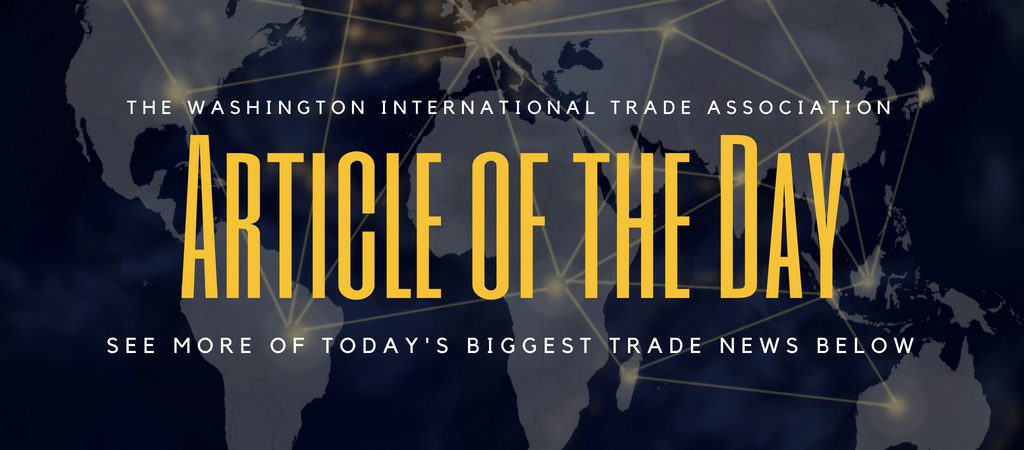Banks’ cross-border trading businesses actually improved as tariffs went up and trade wars loomed. The novel coronavirus won’t be so accommodating.
During the protracted U.S.-China trade roller coaster over the past two years, which saw disruptions in the usual cross-border patterns, the business of providing loans and other financing for overseas commerce enjoyed its best stretch in years. The biggest banks’ trade-finance revenue grew over 2018 and 2019, according to new figures from industry tracker Coalition. That compares with a decline of more than 20% from 2014 to 2017.
The threat of a trade war counterintuitively led to things like cross-border operators paying their banks for a form of insurance that trading partners would pay up and also for help financing new trade routes. That was a nice countervailing tailwind for banks at a time when interest rates were falling—sometimes going negative—and when corporate clients were cautious about big new investments.
By contrast, the disruptions to cross-border trade and supply chains stemming from global efforts to halt the spread of the new coronavirus are likely to hurt the trade-finance businesses. Trade isn’t rerouting or becoming more expensive—it just may not happen. For example, the largest U.S. gateway for seaborne China imports is estimating a 25% drop in volume for February. Plunging oil prices also are linked to lower values for letters of credit.
Coalition research director Eric Li says he believes that in the aggregate, the biggest trade banks are likely preparing for a decline of 5% to 10% in trade-finance revenue in the first quarter. It is a big pool of fees for the biggest banks, at $5.9 billion in 2019.
Exposure to trade-finance revenue is heavily weighted toward European banks. As of the end of 2018, the top tier of trade-finance banks were Citigroup, HSBC Holdings, HSBC, BNP Paribas and Crédit Agricole according to Coalition’s league-table ranking. In the second tier were Deutsche Bank DB and Standard Chartered.
What may be a more acute situation is if banks sharply limit the provision of trade financing to clients, such as buying invoices as a way to provide clients with cash to keep operating. The World Trade Organization estimates that 80% of global trade requires a credit or guarantee to take place. A situation in which banks are protecting their balance sheets or can’t unload that credit to investors would deprive the global supply chain of vital fuel.
Read the full article here

